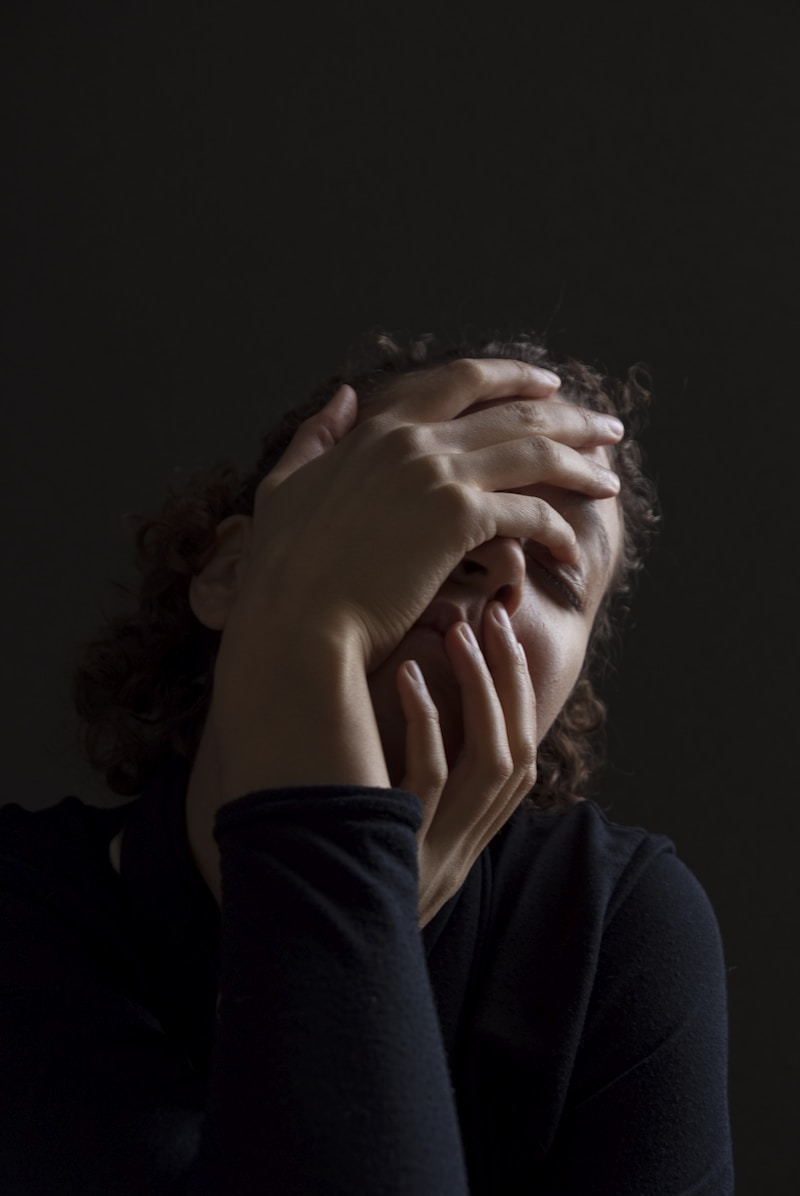The Emotional Connection to Your Dress: Unveiling the Sentiments Behind Your Attire
Understanding the Emotional Connection to Your Dress
When it comes to fashion, it's not just about fabric and design; it's about feelings, memories, and identity. The emotional connection to your dress runs deep, as it often represents significant life moments, personal style, or cultural heritage. This article explores the multifaceted relationship people have with their clothing, particularly dresses, and how these garments can evoke emotions and memories.
The Significance of Dresses in Our Lives
Dresses are more than just garments worn for comfort or style; they symbolize various stages of life and significant events. From weddings to proms, the emotional connection often begins at a young age. For many, their first dress might be tied to cherished memories of family gatherings or special occasions. Let's delve deeper into the connections that people form with their dresses.
Life Events and Milestones
Many individuals can recall specific dresses worn during monumental occasions. These dresses often embody the emotions associated with those moments:
- Weddings: The wedding dress represents love and commitment, often passed down through generations.
- Graduations: A graduation gown signifies achievement and the transition to adulthood.
- Proms and Parties: The perfect prom dress is often linked to hopes, dreams, and youthful romance.
| Life Event | Emotional Significance |
| Wedding | Love, commitment, and tradition |
| Graduation | Achievement, growth, and transition |
| Prom | Youth, romance, and social milestones |
The Personal Story Behind Each Dress
Every dress has a story, often tied to the emotions and experiences of the wearer. This narrative can encompass positive associations such as joy and excitement, or more challenging feelings like anxiety or nostalgia. Let's explore how personal stories shape our emotional connection with dresses:
Memories Associated with Different Outfits
The dress worn at a memorable family gathering might invoke feelings of warmth and happiness, while a formal dress from a job interview could bring forth feelings of anxiety or anticipation. These emotional ties can be so strong that even the sight of a similar dress can transport individuals back to that moment in time.

The Role of Fashion in Self-Expression
The styles and colors of our dresses often reflect our personality and mood at various points in our lives. The emotional connection can also stem from:
- Cultural Influences: Traditional dresses can represent one’s heritage and provide a sense of belonging.
- Fashion Trends: Wearing a trendy dress might evoke happiness and confidence, while a classic piece may foster a sense of nostalgia.
The Colors of Emotion
Colors play a significant role in how we perceive emotions. For example:
- Red: Passion, energy, and excitement
- Blue: Calmness, serenity, and confidence
- Black: Sophistication, power, and elegance
Nostalgia and Fashion: The Power of Vintage Dresses
The revival of vintage clothing highlights the emotional bonds people share with dresses from previous eras. People who wear vintage often feel a connection to history and romanticize past life experiences. Vintage dresses can evoke:
- Memory: Recollections of family members or historical periods.
- Personal Identity: A unique style that resonates with one’s individual journey.
Breaking Down Barriers with Dresses
Dresses can also play a role in social empowerment. They can evoke a sense of confidence and encourage self-expression. For example, dresses worn during significant movements, such as the suffragette movement, symbolize freedom and independence.
Fashion Psychology: Understanding Your Dress Choices
Fashion psychology explores how clothing impacts our thoughts, feelings, and overall well-being. Research suggests that the emotional connection to dresses can influence self-esteem and identity. Consider the following:
- Comfort: Wearing a dress that fits well and feels good can elevate your mood.
- Confidence: Dressing well for an occasion often results in a boost in self-confidence.
| Emotional Benefit | Impact of Dress |
| Boosts Self-Esteem | A stylish dress can significantly elevate how you perceive yourself. |
| Fosters Well-Being | Comfortable attire contributes to overall mental health. |
| Encourages Self-Expression | Fashion choices allow individuals to showcase their personality. |
Conclusion: Embrace Your Emotional Connection to Your Dress
The emotional connection to your dress is a potent aspect of personal identity that transcends mere fabric. It speaks to our experiences, memories, and desires. Whether it’s a vintage find, a bespoke creation, or a prom dress, each garment holds weight in our life's narrative. Understanding and embracing this connection can lead to greater self-acceptance and an appreciation for both our personal journeys and the cultural significance of fashion.
Tips for Exploring Your Emotional Connection
- Reflect on your most cherished dresses and what they represent in your life.
- Consider incorporating pieces that evoke positive memories into your wardrobe.
- Embrace the stories behind your attire and share them with others; these narratives are significant and help build a sense of community.
Ultimately, dresses embody more than just style; they are an integral part of who we are, bridging the past and future while allowing us to express ourselves in the present.